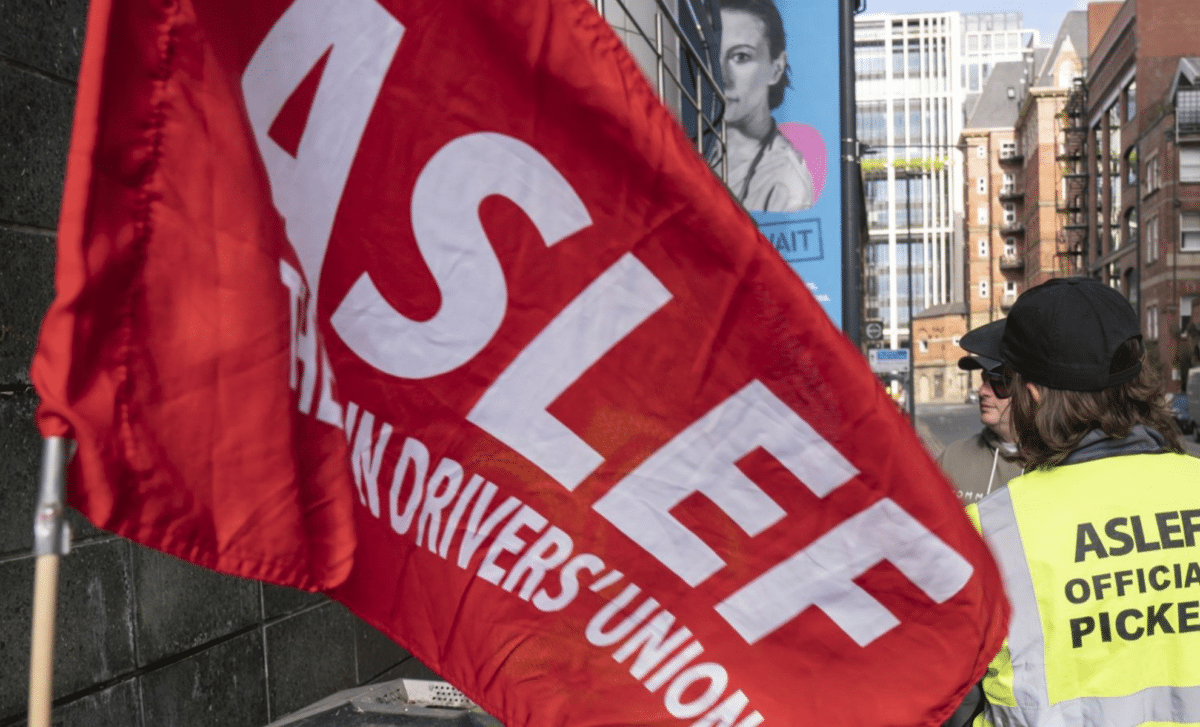Following recent allegations of contract breaches by the Aslef union, train drivers from both Northern and LNER have announced plans to commence a series of strikes in the coming month. This action accentuates the escalating tensions between railway operators and labour representatives, shedding light on an increasingly contentious divide over adherence to agreements and working conditions in the sector.
Aslef Strikes: Disputes Over Agreements and Pay Stagnation with Northern and LNER
Aslef’s upcoming strikes, slated to commence at the start of next month, are anticipated to cause significant disruption for passengers. Additionally, both companies are set to implement an additional ban between February 29th and March 2nd, exacerbating the situation.
Northern operates a network of 500 stations throughout the North of England and Midlands, facilitating crucial transportation services for residents and commuters in these regions. Conversely, LNER boasts extensive service routes spanning from London to Yorkshire, the North-East, and Scotland, offering vital connectivity across diverse geographical areas.
The union has cited numerous grievances with LNER, alleging breaches of several service agreements. One notable grievance is the claim that LNER has violated agreements by compensating managers to operate trains during strike days, thereby intensifying the dispute.
Aslef’s dispute with Northern centres on allegations that the company has failed to adhere to established procedures and agreements, particularly regarding issues such as bullying, intimidation, and gaslighting directed towards union representatives.
Mick Whelan, general secretary of Aslef, emphasized: “We are fed up to the back teeth with the bad faith shown, day after day, week after week, and month after month by these two companies.
“We always stick to agreements which we make. These companies think they can break agreements – which they freely enter into – whenever it suits them. And they’re wrong. This is a shot across their bows and a sign of things to come.”
In a reiterated statement last month, Whelan emphasized the ongoing strikes by drivers as a concerted effort to draw attention to their dispute, particularly amid a prolonged period of five years without any increase in pay.
Train Drivers Extend Strike Action: Implications and Ongoing Disputes
The recent announcement of further strikes aligns with the decision made by train drivers at five rail operators to extend their strike action for an additional six-month period, marking a significant escalation in the protracted dispute over pay and working conditions.
Notably, members from Chiltern, c2c, East Midlands, Northern, and TransPennine railways have overwhelmingly supported the extension, which is a crucial step mandated by legal requirements to sustain industrial action.
With this extension, all 11 remaining train operating companies embroiled in the dispute with Aslef now have active mandates for continued industrial action.
The conflict has seen Aslef orchestrate rolling strikes across various regions earlier this month, leading to widespread disruptions and cancellations of services, further intensifying the impact on commuters and the broader rail network. This ongoing unrest underscores the depth of dissatisfaction among train drivers and the seriousness of their grievances regarding compensation and working conditions.
Whelan emphasized: “These results show – yet again – a clear rejection by train drivers of the ridiculous offer put to us in April last year by the Rail Delivery Group on behalf of the train operating companies with whom we are in dispute
“But we remain open and willing, as ever, to talk about a revised offer. That’s why we are asking the Secretary of State for transport or the rail minister, Huw Merriman, to come and meet us”
The RDG has previously emphasized that Aslef’s leadership “need to recognize the financial challenge facing rail” and lamented that “there are no winners from these strikes that will unfortunately cause disruption for our customers.” This stance underscores the RDG’s acknowledgment of the economic constraints within the rail industry, while also expressing concern over the adverse effects of the ongoing strikes on customers and the overall functioning of the rail network.









